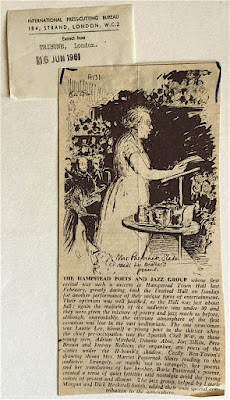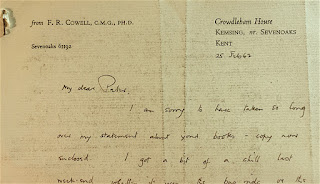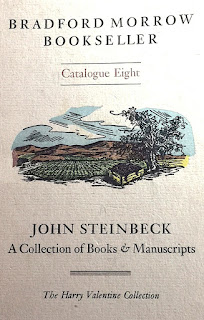
A contemporary piece about this ill-fated movie, which although often slated, most notably by Woody Allen ('If I had to live my life again, I'd do everything the same, except that I wouldn't see
The Magus') has become something of a cult. The article was found in
PHOTOPLAY (February 1970) a British film and pop music magazine. The long winding part about the plot has been mostly excised.
The Magus - a bizarre and baffling film which winds through a labyrinth of fantastic happenings.
What is a Magus? According to the best dictionaries it is "one skilled in Oriental magic and astrology, an ancient magician sorcerer."
And so to our story:
Nicholas (Michael Caine), a young Englishman, arrives on Phraxos, a lonely Greek island, to take up duties as an instructor at a school for boys, which is being modelled on the British system. He is also escaping from a love affair with Anne (Anna Karina), an airline hostess, who has sent him as a memento a glass paperweight, symbolic to her of the core of life.
Nicholas learns that the English instructor who preceded him the year before had committed suicide, but any further questions he asks concerning this are met any further questions he asks concerning this are met with evasive answers. On returning from a bathe, however, he finds a volume of T.S. Eliot's poems mysteriously left on a rock.
Later, in exploratory mood, he finds a villa on top of the cliffs. This is owned by an elderly man named Conchis (Anthony Quinn), about whom there is a strange aura of mystery… an aura which extends not only throughout the villa, but also throughout the rest of the film. Nicholas is not unnaturally confused…
Quite a lot of this strange, baffling film will keep audiences guessing… although there is nothing baffling about the picturesque scenes (actually filmed in Majorca). The very beautiful pictorial qualities are obviously due to the directorial hand of Guy Green,
 Found -- a slim volume of poetry from 1927 Lodequest: A Ballad of the Grail (Ancient House, Ipswich 1927) by Herbert Hudson. His wife produced the illustrated cover and also contributed one of the poems. She was Joan Abbay an East Anglian artist, and this is the only example of her work currently online, although it is possible some of her paintings are occasionally sold at auction.
Found -- a slim volume of poetry from 1927 Lodequest: A Ballad of the Grail (Ancient House, Ipswich 1927) by Herbert Hudson. His wife produced the illustrated cover and also contributed one of the poems. She was Joan Abbay an East Anglian artist, and this is the only example of her work currently online, although it is possible some of her paintings are occasionally sold at auction.

































